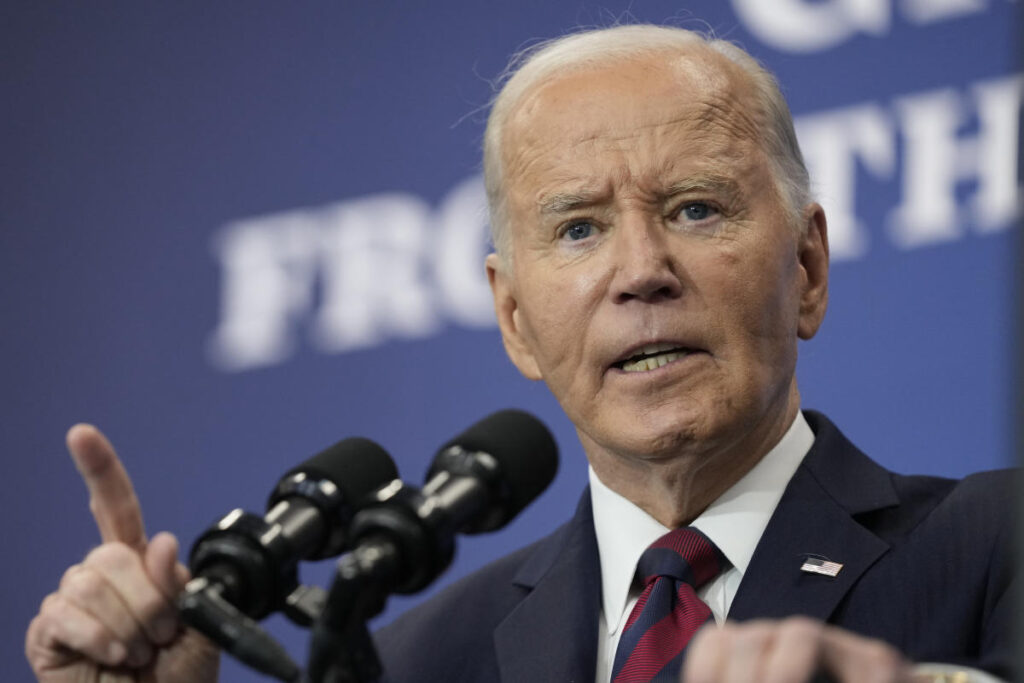The recent decision by the White House to grant clemency to former Pennsylvania judge Michael Conahan, embroiled in the infamous “kids-for-cash” scandal, has ignited significant backlash. This move occurred as part of a broader mass commutation initiative that affected nearly 1,500 individuals who had been placed on home confinement during the Covid pandemic. An unnamed administration official clarified that the White House’s approach was not to delve deeply into the specifics of each case but to apply a standard set of criteria, focusing primarily on whether these individuals met specific eligibility conditions. This policy spurred criticisms, particularly from Pennsylvania Governor Josh Shapiro, who expressed that the commutation was a grievous error, emphasizing that Conahan should remain imprisoned rather than being allowed to return to freedom.
Conahan’s conviction in 2011 was a landmark case due to the gravity of his actions, wherein he was found guilty of directing juveniles towards for-profit detention centers in exchange for kickbacks exceeding $2 million. This scandal was labeled by the U.S. Attorney for the Middle District of Pennsylvania as “the worst in Pennsylvania’s history,” resulting in a substantial number of juvenile convictions being vacated. The White House, however, did not consider the severity of Conahan’s charges or the broader implications of his actions when deciding to include him among those receiving clemency. The administration emphasized a criteria-based decision-making process rather than a case-by-case analysis, which has drawn ire from various stakeholders, particularly those affected by the fallout from the scandal.
The clemency granted extended to Conahan is seen as part of President Biden’s broader commitment to second chances, viewing it as an opportunity for rehabilitation rather than a comment on the nature of the original offenses. An administration official noted that the mass commutation approach did not allow for individual assessments, and all commuted individuals met qualifying standards, which included having nonviolent offenses and posing minimal recidivism risk. In this context, the administration defended the decision as aligning with its goals of mercy and justice reform, without attributing a subjective judgment on Conahan’s past actions.
Despite the justifications provided by the White House, many victims of the kids-for-cash scandal have voiced their discontent. One notable critic, Amanda Lorah, who was a victim of wrongful imprisonment due to Conahan’s actions, articulated her feelings by stating that the commutation felt like a “slap in the face” to those impacted by the scandal. This sentiment is echoed by others who have suffered deeply as a result of Conahan’s misdeeds, highlighting the emotional and psychological toll inflicted upon individuals and families affected by this judicial misconduct.
Sandy Fonzo, another victim whose son tragically took his own life after being placed in juvenile detention by Conahan, expressed her shock and hurt over the commutation decision. Fonzo’s statement underscored the severe repercussions of Conahan’s abuse of power, arguing that his actions destroyed numerous families, including her own. The president’s decision to commute Conahan’s sentence has rekindled painful memories and adverse emotions in those who endured the consequences of his decisions, serving as a painful reminder of the systemic failures within the judicial system.
Ultimately, the fallout from Conahan’s clemency decision has reignited discussions surrounding judicial accountability and the ethical implications of mass commutations. Critics advocate for a more nuanced approach that contemplates the individual circumstances behind each case, especially regarding serious offenders such as Conahan. The backlash from victims and their families highlights the need for careful consideration of how clemency decisions are made, advocating for a system that balances compassion with justice and the recognition of the severe impact these offenses have had on innocent lives. As the administration stands by its decision as an act of mercy, the ongoing discourse will likely focus on finding the right balance between granting second chances and holding individuals accountable for their grave transgressions.

